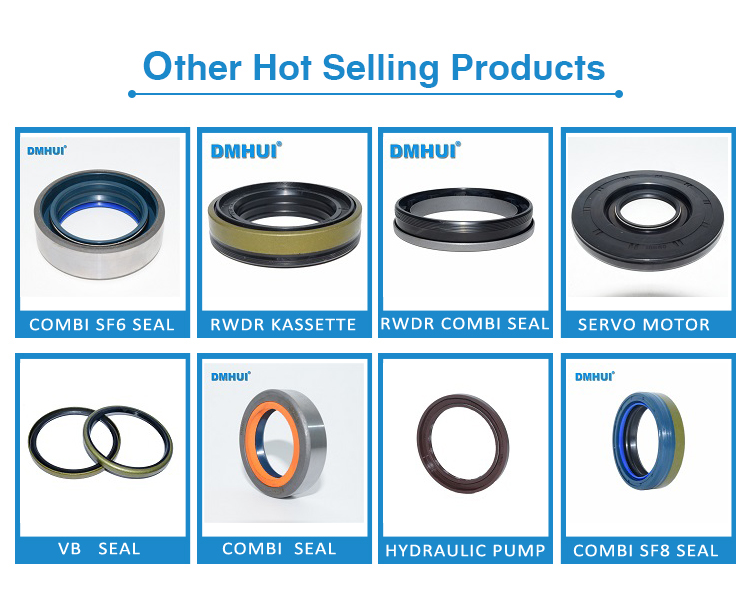A mechanical seal (mechanical seal) is a device consisting of at least one pair of ends perpendicular to the axis of rotation under the action of fluid pressure and compensating mechanism's force (or magnetic force), and the auxiliary seal.
The elastic loading mechanism and the auxiliary seal are mechanical seals made of metallic corrugated pipes. We call them metal bellows seals. In light seals, rubber bellows are used as auxiliary seals, and the rubber bellows have limited elasticity. Generally, they need supplemented by springs to meet loading elasticity. Mechanical seals are usually referred to as machine seals.
Mechanical seal is a shaft seal device for rotating machinery. For example, centrifugal pumps, centrifuges, reactors and compressors and other equipment. As the drive shaft runs through the inside and outside of the equipment, there is a circumference gap between the shaft and the equipment, and the medium in the equipment leaks out through the gap. If the pressure in the device is lower than the atmospheric pressure, the air leaks into the equipment, so there must be a shaft encapsulation that prevents the leakage. There are many kinds of shaft seals. Because of the advantages of less leakage and long life, mechanical seals are the most important shaft sealing methods in the world. "Mechanical seals, also called end seals, are defined in the relevant national standards:" a device consisting of at least one pair of ends perpendicular to the axis of rotation in fluid pressure and compensating mechanism's force (or magnetic force), and with auxiliary seals to keep the relative sliding against the leakage of a fluid. "
PREV
Floating oil sealNEXT
Box combined oil seal